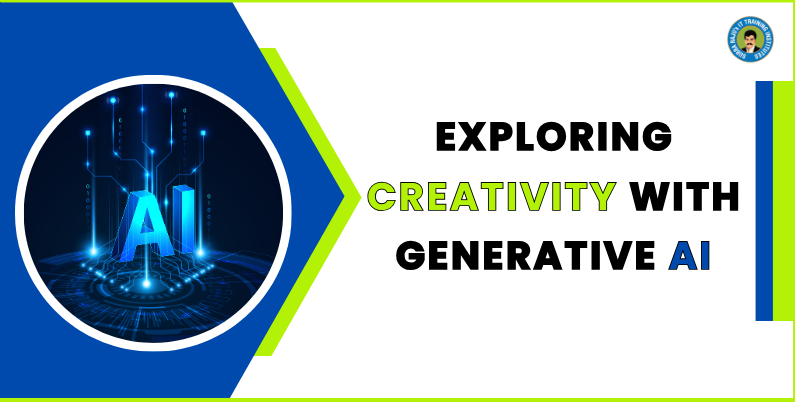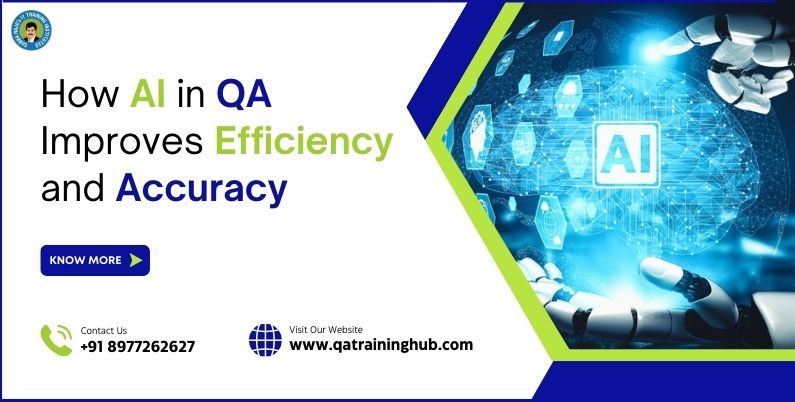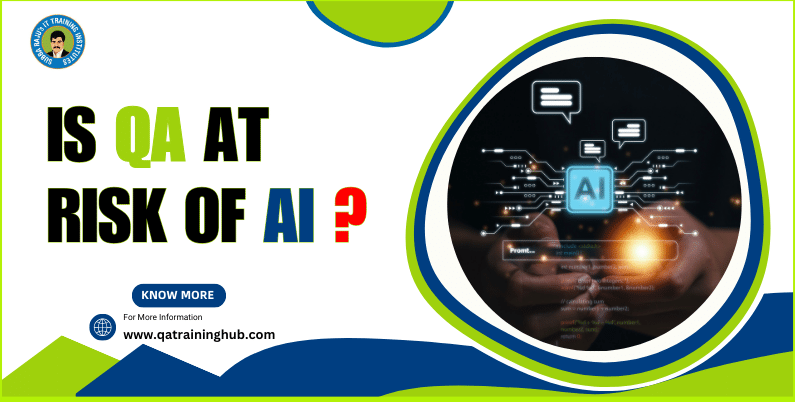
Exploring the Realm of Generative AI: A Revolution in Creativity and Beyond
Artificial intelligence (AI) has made significant advancements in recent years, particularly in the field of generative AI. Generative AI, which is a part of machine learning, focuses on creating new content, such as images, text, music, and even full stories, imitating human creativity.This innovative technology has not only transformed various industries but has also prompted discussions about its impact on creativity, innovation, and society overall. In this article, we will discuss the Exploring Creativity with Generative AI and its capabilities, applications, and the ethical considerations surrounding its development and use.
Understanding Generative AI:
Generative AI covers various algorithms and methods that allow machines to generate original content. Unlike traditional AI systems, which follow set rules and datasets, generative AI models learn from extensive datasets and can produce new, realistic content autonomously. These models use neural networks, particularly generative adversarial networks (GANs) and recurrent neural networks (RNNs), to generate content that closely resembles human-made creations.
Applications of Generative AI:
Generative AI is being used in numerous fields, revolutionizing industries and enabling new forms of creativity and innovation:
Creative Content Generation:
Image Generation: Generative AI models have the ability to generate realistic images of people, animals, landscapes, and even imaginary beings. These models have applications in computer graphics, design, and entertainment sectors.
Text Generation: Natural language processing (NLP) models like OpenAI’s GPT series can produce understandable and contextually relevant text. They have a wide range of uses, from writing articles and stories to generating code and poetry, making them valuable for content creation and automation.
Music Composition:Advanced AI algorithms can create new music across different genres, styles, and emotional tones. These technologies empower musicians and composers to experiment with new ideas and create personalized musical compositions.
Gaming and Virtual Environments:
Procedural Content Generation: Generative algorithms create game levels, settings, and characters, providing players with unique and immersive gaming experiences.
Virtual World Creation: Virtual reality (VR) and augmented reality (AR) applications utilize generative methods to build realistic virtual settings, providing users with immersive experiences in a variety of virtual worlds.
Healthcare and Drug Discovery:
Molecule Design: Generative AI speeds up the process of finding new drugs by creating unique molecular structures that possess specific properties. This transforms how drugs are designed and developed.
Medical Imaging: Generative models assist in improving and refining medical images, making diagnoses and treatment planning in healthcare more accurate and effective.
Software Testing and Quality Assurance:
Test Case Generation: Generative AI automates the creation of various test scenarios, boosting test coverage and scalability in software testing while reducing manual effort.
Security Testing: Generative techniques simulate attack scenarios and identify security vulnerabilities in software applications, strengthening cybersecurity measures and reducing risks.
Transformative Impact:
Generative AI has the potential to transform industries, drive innovation, and enhance human experiences in significant ways. However, it also raises ethical concerns and challenges, particularly regarding bias, authenticity, and potential misuse.”
Ethical Considerations:
While generative AI presents significant potential for innovation and creativity, it also raises ethical concerns and challenges:
Misuse of AI: The widespread use of generative AI technologies, especially in creating deepfake videos and spreading fake news, presents dangers to privacy, security, and societal confidence. Worries include the manipulation of public opinion and the spread of misinformation.
Bias and Fairness: Generative AI models learn from extensive datasets that might carry biases and prejudices present in the data. These biases can appear in generated content, perpetuating stereotypes and strengthening societal inequalities.Ethical considerations are crucial to ensure fairness, transparency and responsibility in AI systems.
Conclusion:
In conclusion, Exploring Creativity with Generative AI, it’s a catalyst for creativity, innovation, and societal transformation. At Qa Training Hub, we understand the immense potential of generative AI and its impact on the future of education, training, and workforce development. As we adapt to the constantly changing world of technology and learning, we are dedicated to providing our students with the abilities, understanding, and ethical awareness required to succeed in a world driven by AI.
By providing comprehensive training programs, resources, and guidance, QA Training Hub aims to equip learners with the skills and knowledge required to thrive in an AI-driven world. From understanding the fundamentals of machine learning to exploring advanced topics in generative AI, our courses are designed to cultivate critical thinking, problem-solving, and creativity. We prioritize the importance of ethical considerations, responsible AI development, and the ethical use of AI-generated content.
Join QA Training Hub for Exploring Creativity with Generative AI and shaping the future of technology through education, innovation, and ethical leadership. Together, lets explore new horizons of creativity, drive innovation, and create a significant impact on the world.







